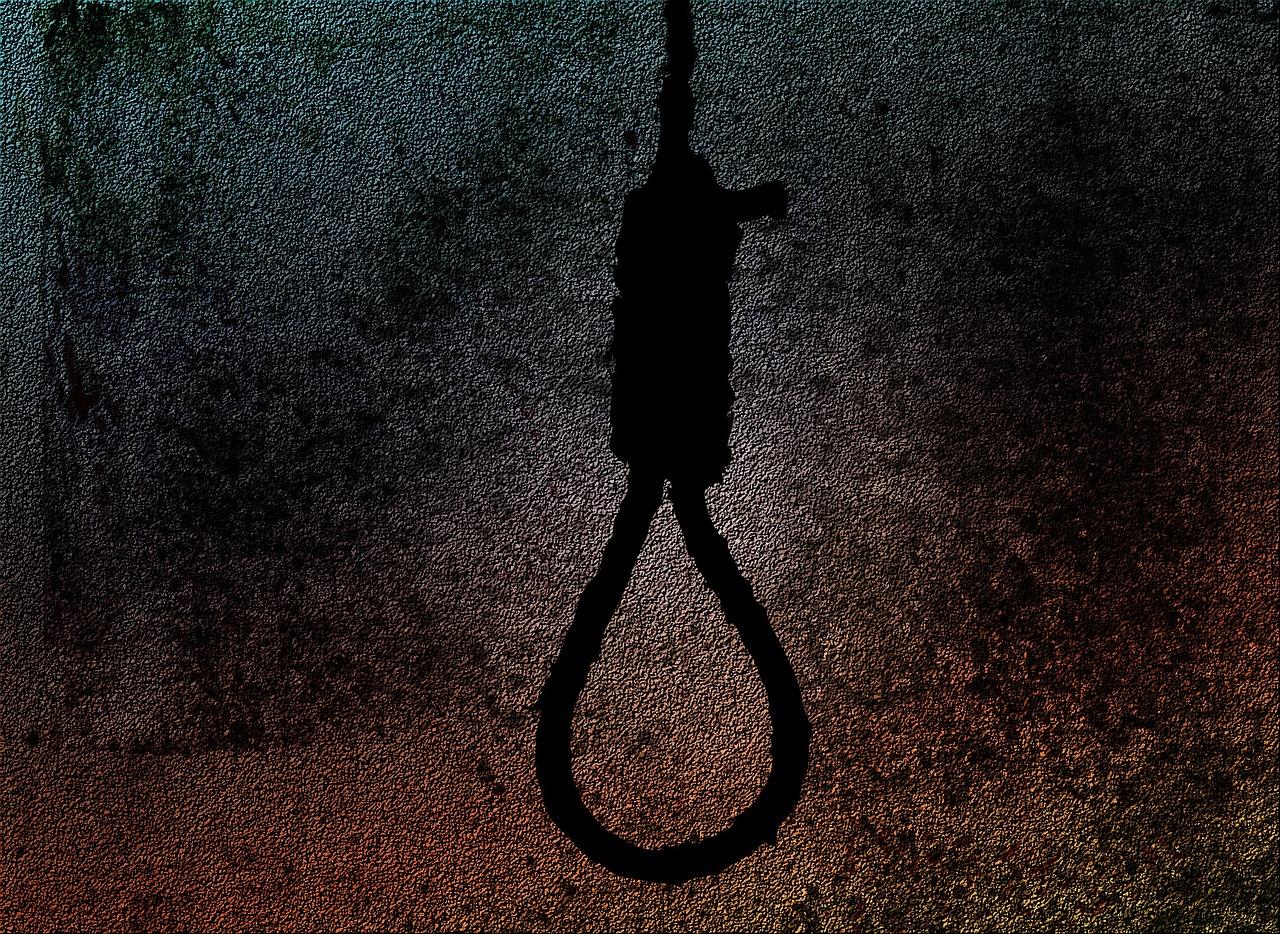In Uganda, Parliament passed a law that abolishes the mandatory death penalty for certain crimes. This decision amends four different laws that previously provided for the death penalty, including under the Anti-Terrorism Act.
If this law is approved by President Yoweri Museveni, the convictions will limit the death penalty to the most serious crimes and at the judge’s sole discretion. Legislators say this is a step towards the complete abolition of the death penalty, for which the courts have already expressed their support.
There are 133 detainees on death row and no one has been executed in the last 20 years in Uganda. There was a campaign to end the death penalty, following a 2009 court ruling in favor of Susan Kigula, who was then on death row, who had argued that the death penalty was unconstitutional.
The court then decided that the death penalty should not be mandatory in case of murder and that a convicted person should not be kept indefinitely on death row – if a convict is not executed within three years, the sentence is automatically commuted to life imprisonment.
The Ugandan Prison Service welcomed the initiative of parliamentarians, who said that the focus should be on the reform of detainees once released.
